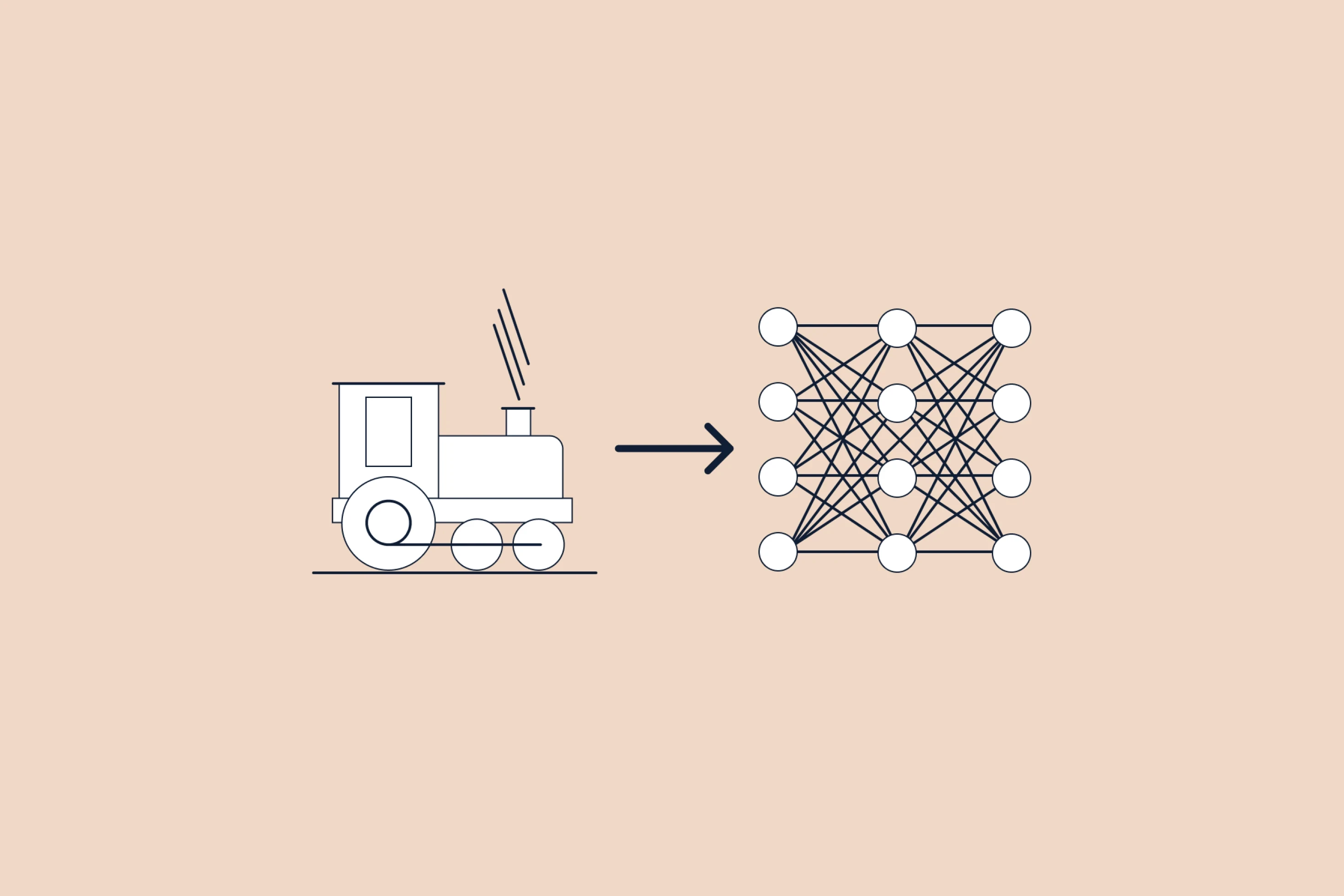It’s Time for You to Pick Up Technical Skills
In this article, I reflect on a personal turning point, when I chose to embrace and learn technology instead of continuing to avoid it. I wrote this piece in the hope of inspiring as many people without technical background to take the leap and learn some technical skills.
Why I needed to learn technical skills - and why you might want that too
In summer 2019, I enrolled for Le Wagon’s web development course as a part time student. Out of frustration. I had been working in software companies for over half a decade… and yet I understood little to nothing about how software was made. In every role I had, my work basically consisted in either making presentations, building things in spreadsheets or sending emails.
While there were surely opportunities for me to continue doing just that, I felt this wasn’t going to cut it for me:
I did not understand what developers were doing and it frustrated me. I was working in the tech industry and knew nothing about tech. What my developer colleagues were doing seemed very interesting - for many of them it was a passion before it became a job. But it seemed out of reach if you had not taught yourself programming for years.
I wasn’t intellectually challenged by my work. What I was learning each day at work did not really excite me anymore. New process here, new document there. Different every time, but also same same. All I wanted was to experience - again - a high pace of learning.
Not understanding technology limited my options at work. I worked for almost 2 years for a bank providing its services via APIs. Back then - like most of my colleagues there - I did not really know how an API worked. In hindsight, this really hindered me from understanding some discussions and doing my best work.
So, here I was, motivated to learn as much as I could about software development.
Learning (technical) skills really is just about starting
Le Wagon was a great experience . If you want to learn coding and don’t know where to start, do it. You will learn the foundations of web development with a group of people as motivated as you, supported by amazing and passionate teachers.
I did not become a software developer after the program. This would have required me to dedicate myself entirely to programming, which was not my intention. What it did for me was remove my limiting beliefs when it comes to technology.
A few examples:
I knew how to search for technical answers: maybe the most valuable lesson I learned during the program was that the answer to any question was probably already written somewhere online. In order to find it, I needed to master was the art of asking with precision.
I could build (simple) things myself: I learned how to build and even deploy CRUD applications in Ruby on Rails during the program. Of course there is so much more that you have to learn to become a developer - but it was already quite something to be able to do these things by myself and it definitely built confidence.
I was not afraid of technical documentation anymore: Before the bootcamp, my reflex when seeing technical documentation would be to stop thinking and forward it to “someone technical” to review it for me. Now I felt confident that if I would dedicate enough time to it, I would be able to learn and understand such documentation.
I started having interesting conversations with developers. It made some of them laugh at first. But most of them were actually happy to see one of the business guys trying to figure out their world - and many shared valuable resources and tips with me.
In short: the bootcamp did not make me become a software developer in 6 months. But it changed my relationship to technology. I was now ready and willing to use it at work.
No-code is your shortcut to leverage technology
Around the same time when I finished Le Wagon, I fell into no-code.
At first, I was very skeptical: “I’ve just spent the last 6 months learning to code, and you’re telling me I can get the same result without writing a single line of code if I use Bubble?” What these platforms were selling seemed too good to be true.
And yet, after experimenting with Airtable, Make and Bubble among others, it became clear that I was wrong. I started with small experiments and quickly ended up building solutions to concrete problems I had at work.
Missing an integration between two tools? Build it with Zapier or Make.
Need to automate a process currently run from a spreadsheet? Just use Airtable.
Want a beautiful landing page but don’t know any HTML or CSS? No problem, build it on Carrd or Webflow.
And this was 4 years ago. Since then, no-code tools have significantly improved and so has the number of things I can do nowadays without writing code. Unlike me, you won’t even need to learn programming to leverage technology.
It would be a mistake if you did not learn how to.
There’s never been a better time to start
“Civilization advances by extending the number of important operations which we can perform without thinking of them.” Alfred North Whitehead
The future of work is automated - and your work is no exception. Will you be the actor of this change or will you let others take the lead? I don’t know for certain which approach is best, but I know which one I would pick.
Zooming in on 9 Operators who became AI Builders
Explore how 9 operators transformed their businesses through AI solutions developed during the RMEP AI Hackathon, showcasing creativity and real impact.
This PE firm broke its own rule to deploy AI across 15 portfolio companies
How one PE firm deployed AI across 15 companies, transforming how teams work—during their busiest season.




